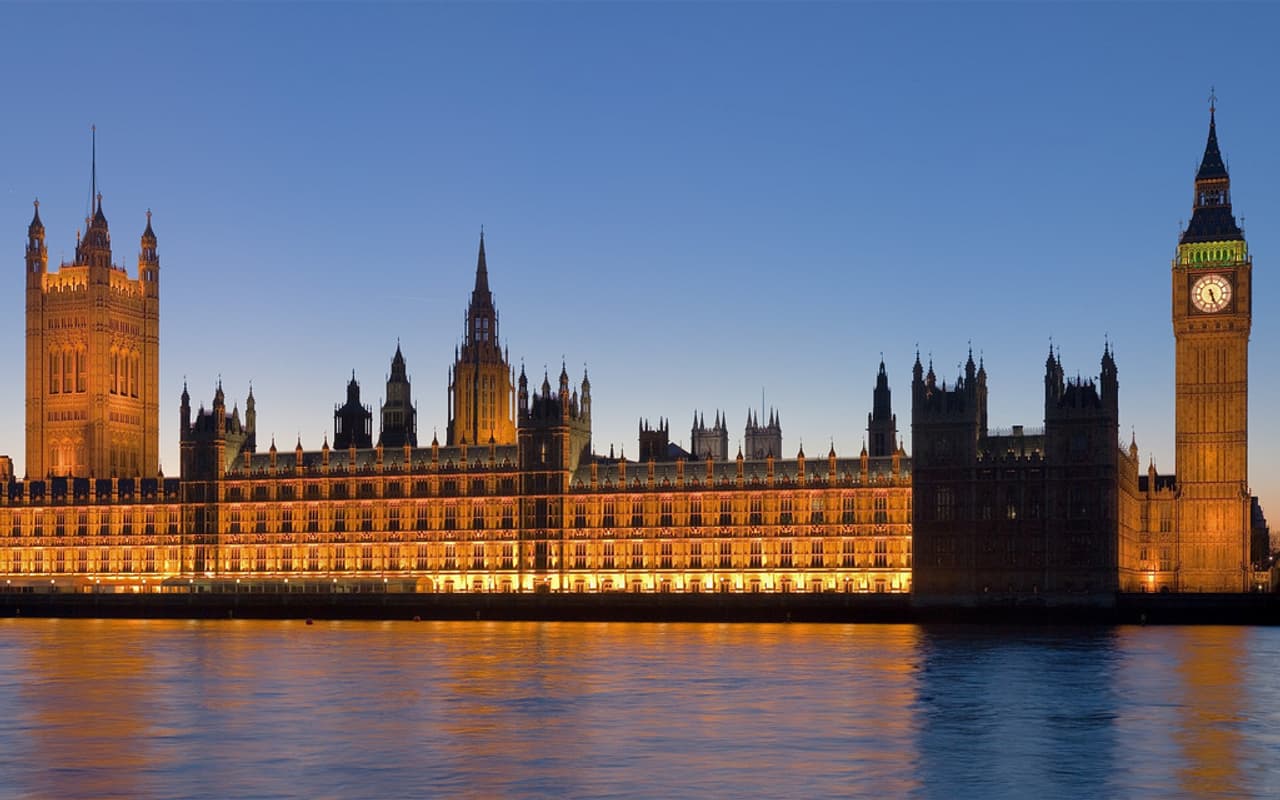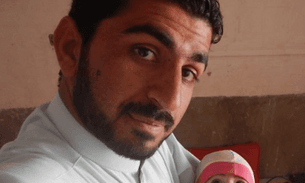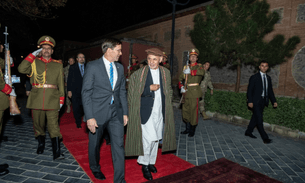
UK government urged to publish intelligence-sharing guidance
A former head of GCHQ has urged the government to publish legal guidance governing intelligence sharing arrangements with the US, amid concerns that the UK might be complicit in targeted killing by American drones.
In a letter to foreign secretary Philip Hammond seen by the Bureau, Sir David Omand and several prominent parliamentarians asked the government to consider “disclosing the Guidance to Intelligence Officers and Service Personnel applicable to the passing of intelligence relating to individuals who are at risk of targeted lethal strikes.”
The government has not officially acknowledged that such guidance exists. When asked for a comment on the letter, an FCO spokesperson said: “we do not comment on intelligence issues. Our intelligence agencies operate under the law and in accordance with our values.”
Last month a report on the security impact of drones by the Birmingham Policy Commission, which Omand now chairs, highlighted concerns that the UK’s close intelligence sharing relationship with the US might “inadvertently” cause it to collude in counter-terrorism operations deemed contrary to international law.
The report drew a distinction between the use of drones in established theatres of conflict such as Iraq and Afghanistan and the US’s covert campaigns in Yemen, Somalia and Pakistan.
Ben Emmerson QC, who leads an ongoing drones investigation for the UN, told a parliamentary meeting last year that it was “inevitable” that the UK had given the US information used in drone strikes.
In 2010, the Sunday Times reported that GCHQ was helping the US identify the locations of suspected Taliban militants. In 2012 Noor Khan, the son of a Pakistani drone strike victim, petitioned unsuccessfully for UK courts to conduct a judicial review of intelligence sharing arrangements with the US.
The letter’s signatories, which include Tom Watson MP and David Davis MP, Chair and Vice Chair respectively of the All Party Parliamentary Group on Drones, said that disclosure of the guidance would “reassure an anxious public that the UK government will protect personnel from inadvertent collusion in counter-terrorism operations contrary to our understanding of the law.”
Sign up for monthly updates from the Bureau’s Covert War project, subscribe to our podcast Drone News, and follow Drone Reads on Twitter to see what our team is reading.


